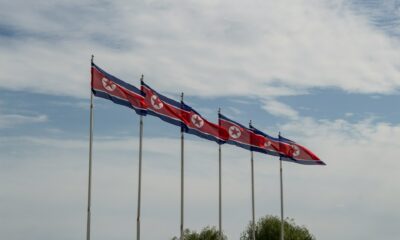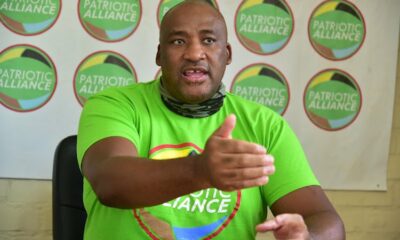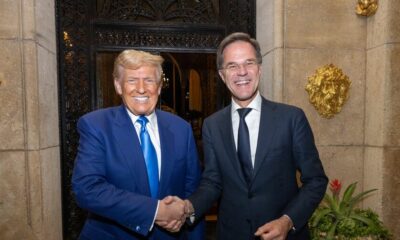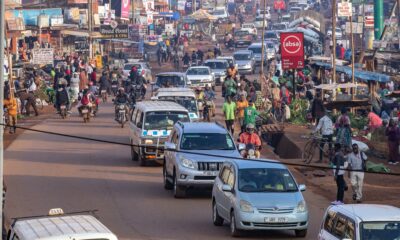News
Europe at a Crossroads: Should the EU Keep Funding Angola Despite Corruption and Human Rights Concerns?
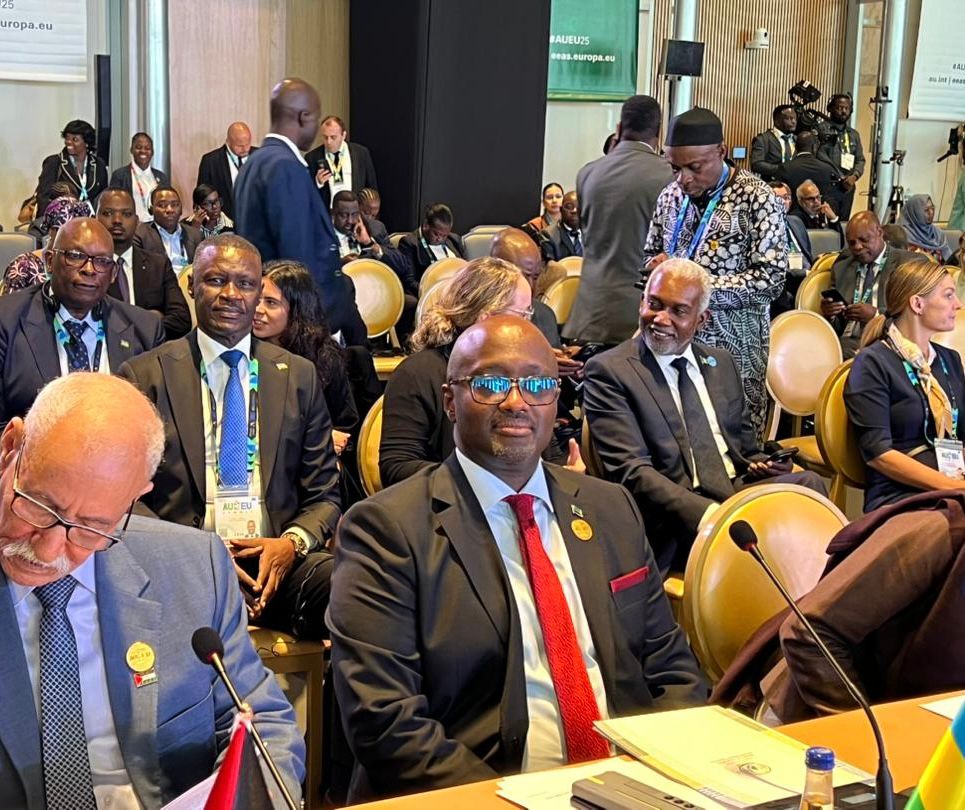
Europe Faces a Tough Call in Luanda: Keep Funding Angola or Finally Demand Real Change?
As the EU–Africa Summit opens, Angolans wonder whether Europe will continue bankrolling a system that leaves citizens struggling while big projects crumble and human rights slip.
Leaders from across Europe and Africa have arrived in Luanda for the 7th EU–Africa Summit, a gathering wrapped in diplomatic language but unfolding under a cloud of uncomfortable truths. For two days, Angola’s capital becomes the stage for lofty promises about trade, peace, development, and “renewed partnership.”
But on the streets of Luanda, the conversation sounds very different. Many ordinary Angolans are asking the same question:
Why do Europeans keep sending money when nothing really changes?
A Quarter Century of Partnership and the Same Old Problems
This year marks 25 years of EU–Africa cooperation. Angola, led by President João Lourenço and the long-ruling MPLA, remains one of the biggest recipients of European development funding. In theory, these funds support reforms, infrastructure, and economic stability.
In reality, critics say millions disappear into stalled projects, poor governance, and political patronage, with little benefit to the people living in one of Africa’s most resource-rich nations.
Despite immense oil and mineral wealth, more than one-third of Angolans still survive on less than two dollars a day. Inflation is punishing. Jobs are scarce. Fuel prices soared after subsidy cuts, hitting the poorest the hardest.
And while the government collects billions in revenues and aid, many citizens say they see none of it.
The Lobito Corridor: A Dream or a Money Pit?
Few projects illustrate the tension quite like the Lobito Corridor, a massive rail route linking mineral-rich Zambia and the DRC to Angola’s port of Lobito. On paper, it’s a strategic gateway for global critical mineral supply chains.
On the ground, it’s a different story.
The railway has suffered repeat derailments, including a sulphur-hauling train that crashed last year and destroyed 400 metres of track. Copper exports stalled for days. It exposed what experts have warned for years: even Angola’s flagship projects struggle under weak governance and a lack of accountability.
Some analysts argue the corridor is less about development and more about political networks and laundering opportunities, a channel for the elite to siphon foreign investment away from public benefit.
Even President Lourenço has had to acknowledge the obvious, telling Germany’s president recently that Angola’s business climate “is not perfect.”
Angola’s Social Tensions Are Reaching Boiling Point
Behind the diplomatic shine lies a population increasingly frustrated. When diesel prices jumped 33%, taxi drivers launched a three-day strike that quickly spiraled into Angola’s worst unrest since the 2002 civil war. Roads were blocked, shops looted, and at least 22 people died. More than 1,200 were arrested.
Young people, many unemployed, many hungry, were at the forefront. Their message was simple: “We are tired of surviving while the country gets richer.”
But Lourenço blamed “irresponsible citizens” influenced by outsiders. Sociologists, however, pointed to something far closer to home: decades of MPLA rule marked by corruption, slow reforms, and unkept promises.
Europe Is Running Out of Patience
Human rights organisations, including Human Rights Watch, have accused Angola of tightening security laws and suppressing freedoms part of a worrying regional trend seen in countries like Niger and Burkina Faso.
European lawmakers have taken note. The European Parliament has passed resolutions demanding a people-focused approach, warning about abuses and lack of accountability not only in Angola but across the region.
According to EU insiders, European leaders are preparing to confront Lourenço’s government directly at the summit. Germany’s president reportedly told him: “There is still work to be done.”
That’s diplomatic language for: We are watching.
And Now the US Has Entered the Chat
Complicating Europe’s dilemma is a new reality, Angola is pivoting toward Washington.
The United States has promised a $550 million loan for the Lobito Corridor and signed deals worth billions across Africa within Trump’s first 100 days back in office. In June alone, Luanda hosted a summit that secured $2.5 billion in US investments.
America’s approach is shifting from aid to aggressive trade, particularly in minerals and energy and Angola is responding.
This raises an uncomfortable question for Europe:
Why keep pouring money into Angola if the US benefits more from the partnership?Europe Must Choose: Principles or Another Blank Cheque
As the EU–Africa Summit unfolds in Luanda, the stakes are painfully clear.
Europe can continue business as usual, funding Angola without demanding transparency, rights protections, or accountability and risk becoming complicit in stalled development and human rights deterioration.
Or it can take a harder line, tying future support to genuine reforms and insisting that Angola’s leaders earn trust through actions, not speeches.
Because right now, most of the money ends up circling political elites, while ordinary Angolans are left to navigate rising prices, broken infrastructure, and a shrinking space for civil liberties.
And in the end?
It may be Washington, not Brussels, that walks away with the strategic advantages.
The people of Angola deserve better than another round of summit promises.
{Source: IOL}
Follow Joburg ETC on Facebook, Twitter , TikTok and Instagram
For more News in Johannesburg, visit joburgetc.com

